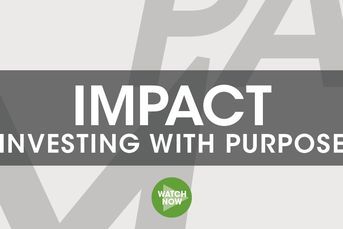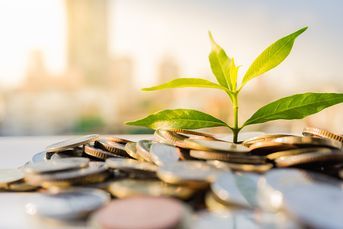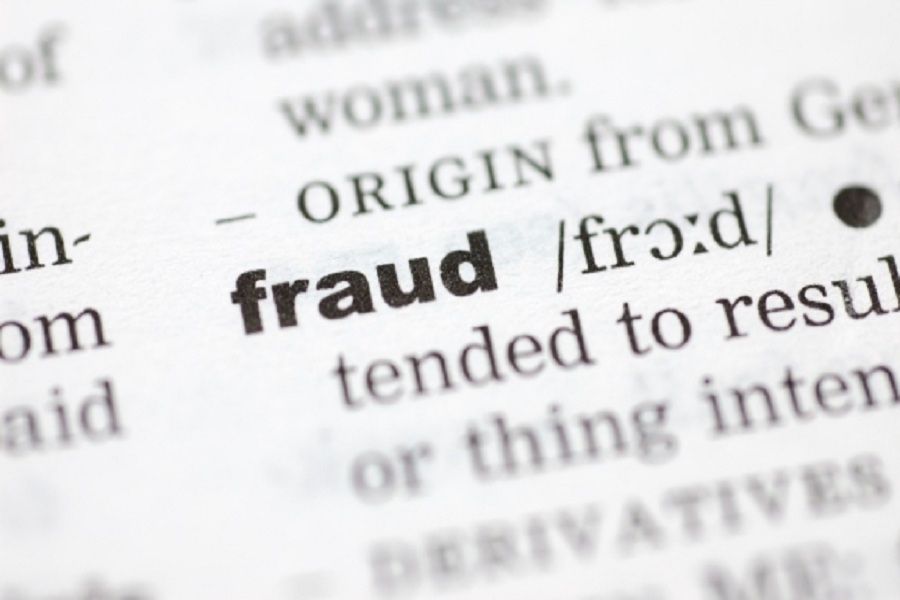Is David Einhorn right about the coming tech bust?
David Einhorn, who runs a $10 billion hedge fund, seems to think it's time to start shorting some of the "cool kid" companies that are valued more on buzzwords than on revenue or profits. The question is whether he has picked the right moment.
Is the U.S. in another tech bubble? David Einhorn, who runs a $10 billion hedge fund, seems to think it’s time to start shorting some of the “cool kid” companies that are valued more on buzzwords than on revenue or earnings. The question is whether he has picked the right moment.
Greenlight Capital, Mr. Einhorn’s fund, has returned an average of 19.5 percent annually since 1996, and he’s made some wildly successful bets, such as shorting Lehman Brothers early enough to profit from its collapse. Things haven’t been going so well lately, however. As Mr. Einhorn pointed out in a letter to investors last year, “It has been no picnic being short almost anything.” Recent losing positions have included bad bets against Chipotle Mexican Grill (“This short gave us gas,” Mr. Einhorn joked wryly.) and Michael Kors Holdings (“We expected them to miss year-end earnings in a tough retail environment. They didn’t.”).
(See where Nobel Prize winner and Yale economist Robert Shiller thinks the market bubbles are now.)
Mr. Einhorn has long disparaged the disconnect between tech stock prices and traditional valuation methods, but avoided shorting the “bubbly” stocks. In his fourth-quarter 2013 letter, he sounded relieved that he had stayed away. “Since we would not expect to be long these highfliers, the best we can hope to do is not to be short them at the wrong time,” he wrote. “For the most part, we weren’t.”
Now, he thinks it’s wise to wade in. “We decided to short a basket of bubble stocks,” he said. “A basket approach makes sense because it allows each position to be very small, thereby reducing the risk of any particular highflier becoming too costly.” The undisclosed stocks in the “basket” all have at least 90% downside, according to Mr. Einhorn, who noted that Amazon fell 93% when the last tech bubble burst.
Essentially, Mr. Einhorn is guessing. “What is uncertain is how much further the bubble can expand, and what might pop it,” he wrote. Based on Greenlight’s recent short-selling performance, he is no prophet when it comes to timing.
The tech valuations are often mind-boggling and certainly unconventional. Together with the tech leaders’ resulting freedom with money, they are an irritant to conscientious investors. Another activist fund manager, Jeff Ubben, believes it is time to “fix” Silicon Valley, cracking down, among other things, on executives’ exorbitant compensation. “Jamie Dimon gets hauled over the coals in New York for his $20 million, but Eric Schmidt presides over four board meetings and gets paid $100 million,” Ubben complained at an investment conference.
It is fine to believe that the market will eventually give the “cool kids” a slap on the wrist, and it is true that this has happened before. It’s easy, however, to misread the signs that it’s about to happen again. One indicator of tech overheating is the amount of venture capital attracted by startups. When it is anomalously large, investors are probably pumping cash into every project that uses the right buzzwords. In the first quarter of 2000, at the height of the ill-fated tech boom, the venture industry poured $28.4 billion into new companies. In the first quarter of 2014, it was just $9.5 billion. That may be the highest number since the bubble burst at the turn of the century, but it’s still a pittance compared with what we’ve seen in the past.
(Bloomberg News)
Learn more about reprints and licensing for this article.







